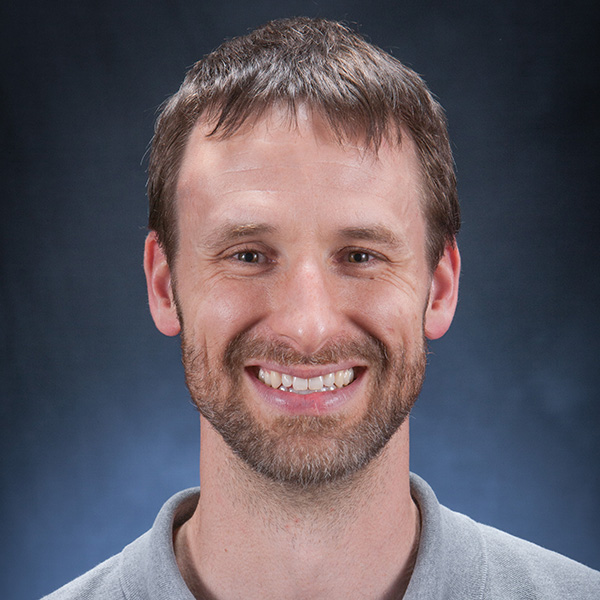Bryan White, Teaching Professor

Contact
Location: INV-240G
Phone: 425-352-3251
Email: bdwhite@uw.edu
Biography
A paramount goal of mine is to make science personally relevant to students and help them uncover every day science in their personal lives. I further this goal in the classroom, on-line, and in students’ neighborhoods, dorms, and homes. Whether it be Coke becoming “flat” and using carbonic anhydrase found in your saliva for a dose dependent experiment in front of the class, or exploring the mechanisms of action of heavy metals left from the old Tacoma smelting plant, I strive to energize and extend the book content and articulate connections between in-class science and science in our everyday lives.
A second pillar of my teaching philosophy is to help students identify themselves as scientists and engender scientific habits of mind. I didn’t consider myself to be a scientist until well into graduate school; however, I see no reason why K-16 students cannot consider themselves as scientists (or at least scientists in different stages of development). Science is not mere memorization and regurgitation of facts. Science is wonderment, curiosity, exploration, experimentation, and the propensity to search for other possible explanations even when you already have your favorite hypothesis. It is an outlook on life in which you require evidence to support claims, and you are always willing to change your views when the preponderance of evidence dictates.
Finally, I believe science should be accessible to all students that have an interest and curiosity about science. Some students may take longer to learn, but science is not so difficult that a certain percentage of students should fail. Let’s learn together!
Research
My research endeavors examine how student-centered inquiry driven research experiences help students learn experimental design and proper use of controls as well as encourage students to identify themselves as scientists. Are student-designed inquiry research experiences necessary for students to see themselves as scientists? How do you encourage students in introductory biology to see themselves as scientists and does this increase their learning in class and in subsequent courses?
I am also interested in the learning that occurs in students and peer facilitators due to small, peer-led breakout sessions that utilize active learning strategies. For the last two years, I have taught Bio220 utilizing four learning environments: 1) Face-to-face (F2F) lectures, 2) Breakout sessions led by peer facilitators, 3) On-line, and 4) Lab. After taking my class, student attitudes shift toward expert-like views of biology and the problem solving effort required to do science. According to the literature, shifts toward expert-like ways of thinking are extremely rare, even in upper level science courses. I am studying what aspects of my class contribute the to these attitudinal changes in students. Do these changes in attitude translate into long-term learning? If you are interested in these questions regarding student learning, please contact me!
Education
University of Washington, Seattle, WA
Ph.D. Neurobiology and Behavior
Stanford University, Stanford, CA
B.S. Biological Science
B.A. Japanese Studies
Courses
- BBIO 220 Introductory Biology 3 (Animal and Plant Physiology)
- BBIO 305 Science and Ethics of Stem Cells
- BBIO 310 Brain and Behavior
- BBIO 495 Investigative Biology
